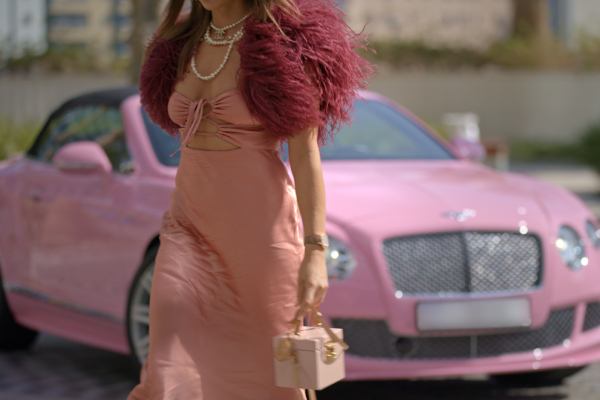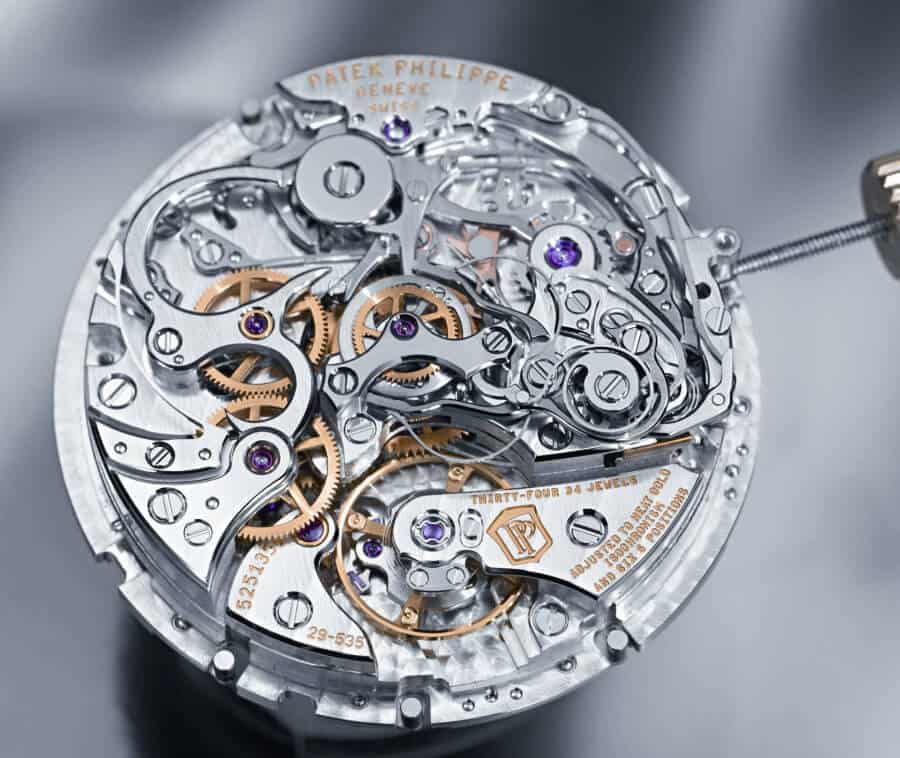There’s this whole debate about whether one should spend money on things or on experiences. 20-something young men will opine that ‘things’ are useless, a dirty reminder of the stain in our souls, the stain of avarice. They aver that life is to be lived lightly and the lightest of all possessions is memories and so they would rather drop $1000 on a guided Ayahuasca tour than on a Louis Vuitton handbag. And at first glance they appear to make a lot of sense. After all, who could watch Dubai Bling and not be moved to a temper by the vapidity of the luxury consuming classes?

However, the young man’s logic suffers from a tiny flaw – that tiny flaw being that there is nothing which is not an experience.
There is no Louis Vuitton bag. There is only the experience of the bag. And this is where we start to get a clue as to the purpose of luxury, and how to approach it. Namely, to ask – what is the nature of this experience?
The thing is that this Creation is a garden of delights. There are amazing, delightful, ecstatic experiences everywhere. The Creator has, in His infinite love, filled the planet with goodies of every size, shape and quality to please even the most eclectic of tastes — there are amazing landscapes, huge night skies with the Milky Way splayed out against it, the act of making love, the joy of sport, art, music, dance — so many joys and delights that the mind boggles. And one of these delights is the delight of luxury.
What is luxury?
Luxury is the most refined form of human attention.
A swiss watch for example is the product of the refined attention of entire lineages of skilled craftsmen. That is what you pay for.
And this is the biggest misunderstanding about luxury. Everyone thinks that luxury is about status — that being seen wth a Rolex or Prada confers status through a projection of wealth. This is not luxury, even though this corrupted form of the concept is the overwhelmingly common understanding of the word. The real luxury is to be brought to tears by the refined attention of lineages of craftspeople — whether it is the craftsmanship of a bag, the refinement in the guest experience at a spa, the raw power of the growl of the engine of a sports car — it is the energy from their love, their attention, their sacrifice, their devotion to their craft that comes to you through the experience and emotion of owning a luxury product.
People who buy fake Guccis in Bangkok have no understanding of this. If you don’t have money, you have to get your kicks elsewhere. You will have to go to some lesser known craftsperson, someone who channels this energy into a cheaper product, because the real experience you’re after is the emotion of owning something that has a lot of love put into it.
Unfortunately, as time has passed and as the great luxury brands went from being run by their founders to being soulless corporate entities, more and more of what passes for luxury in this world becomes devoid of love and of the coherent energy that comes from a bona fide lineage. And so we get those well-meaning 20-somethings for whom the possession of one of these items is akin to committing the sin of avarice. And sadly they are not even wrong. The concept of luxury has been corrupted until it is associated with the most venal and corpulent of our species.
However, peel back the layer of ugliness and you come face to face with something like this.

So the question being asked here is — when faced with the manifestation of such great skill and beauty, what is it the prevents you from falling in love with it? What is it that sparks disgust instead? Are you perhaps attributing that object with the attributes of those who purchase it? Are you projecting your fear of corruption, of greed and corpulence onto that object which is nothing but craftsmanship of the highest quality? If you are repelled by luxury you have some work to do.
And on the other hand, if you crave it then ask what do you really crave? Do you crave the feeling of love that emanates from the object itself or do you care for the approval of people for whom this is a symbol of a belonging? And if it’s the latter then you have some work to do.
We need the old understanding of luxury to make a comeback, where luxury goods were aspirational beccause of the noble qualities they embodied, not because of the envy they sparked.